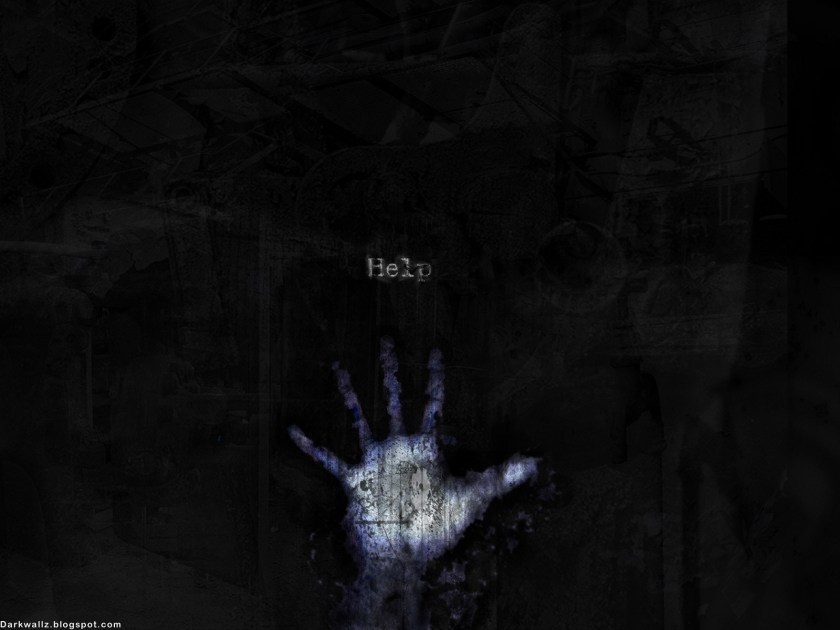Stress is a problem for many people in our modern society, but it’s especially problematic for anyone who is recovering from drug or alcohol addiction.
Not only is the process itself stressful (it’s a very major life change), but there are also physiological reasons why stress levels are high in recovery.
When I finally treated my addiction and entered recovery, I had a lot to learn. There were unhealthy old habits to shed and things to learn about addiction itself. For example, I had to learn what addiction had done to my brain and body.
Addiction is a disease that changes the brain’s chemistry. What happens is quite complicated, but for the sake of brevity, I’ll focus on the parts that have to do with stress.
When you’re addicted to drugs or alcohol, your brain becomes hardwired to seek drugs. It depends on a constant flow of artificial reward, usually in the form of dopamine. Since dopamine is a neurotransmitter that your body naturally produces, an artificial supply can impact your natural flow.
In the early stages of recovery, your body is in panic mode. This is when you’re experiencing physical symptoms of withdrawal. In the later stages, your body has adjusted, but your mind must re-learn to regulate brain chemicals without drugs.
This causes things to go a bit haywire, and it can send anxiety levels through the roof (at least, it did for me). On top of this, you have the natural stress of relearning how to become a productive member of society without relying on drugs or alcohol.
This was a difficult time for me, to say the least. But when I learned to manage stress in healthy ways, things started getting easier.
Here are 5 natural stress relief techniques you can use to help avoid relapse:
1. Meditation
Meditation is at the top of the list because it was the most helpful for me. If you only adopt one of these five techniques, I hope it’s meditation.
At first, I thought of meditation as new-age hocus-pocus. But my counselor was pretty persistent, so I finally gave it a shot. After just a few days of meditating – or attempting to meditate – I found that I was more relaxed in general. And that feeling never went away.
As it turns out, there’s some science behind this new-age stuff. Meditation actually helps regulate the brain’s flow of feel-good chemicals.
2. Exercise
As you may have guessed by now, this list is in order of importance to me. Exercise is the next most-helpful technique I found. And there are a few reasons why it was helpful to me.
First, you should know that addiction ravishes a body and mind. You will never be the same person after addiction as you were before, but you can work to rebuild a strong body and mind. Exercise is an essential part of this. And there’s also a lot of evidence to back up its anti-anxiety effects.
3. Eating nutritious meals
Addiction of any form can deplete your body of many nutrients. Not only does eating become less important when you’re addicted, but drugs and alcohol can have an impact on how your body absorbs nutrients from food.
In recovery, it’s important to replenish your body’s nutrient stores. And it’s especially important to restore nutrients that are known to have a mood-boosting effect, like magnesium, potassium, omega-3 fatty acids and B vitamins.
4. Breathing exercises
When you’re stressed, your body reacts in kind. Your heart rate increases and your breath quickens. You’ve probably witnessed these effects firsthand. But did you know that you can have a similar effect in reverse?
Just as the mind excites the body, the body can calm the mind.
Whenever you’re feeling stressed, take a few deep, slow and deliberate breaths. This will slow your heart rate and calm your mind. Our systems work in connection with one another, and that’s why breathing techniques are so effective. Think of it as a hack to squash anxiety in its tracks.
This isn’t a long-term solution, of course, but it works for those moments when you feel like things are getting out of control and you want to use again.
5. Laughter
You’ve heard that laughter is the best medicine, right? Well, that’s somewhat true. It’s impossible to feel stress while you’re actively laughing, so try to find something to make you smile.
Put a comedy on the television or call a friend who always makes you laugh. If you can get a few belly laughs in, the world will start looking like a better place.
These techniques should help you better manage stress to avoid relapse. But remember that there’s no substitute for getting professional help. If you don’t already have a counsellor, consider checking in to a rehab program or attending group sessions.


Great post. Thanks for sharing 👌💖
LikeLike
Bravo. I also teach a breathing exercise: breath 5 seconds in and 5 out for 15-20 minutes. That calms the brain down from the sympathetic nervous system to the parasympathetic. My veterans, folks with PTSD, chronic pain, addiction, fibromyalgia, chronic fatigue: all can use more time in the parasympathetic relaxed mode. Some of my veterans complain that it feels weird and they aren’t used to it! But they also admit that their muscles relax some and hurt less….
LikeLiked by 1 person
I meditate daily and do breathing exercises also daily
LikeLike